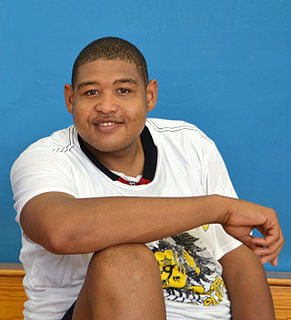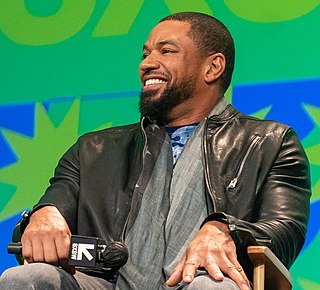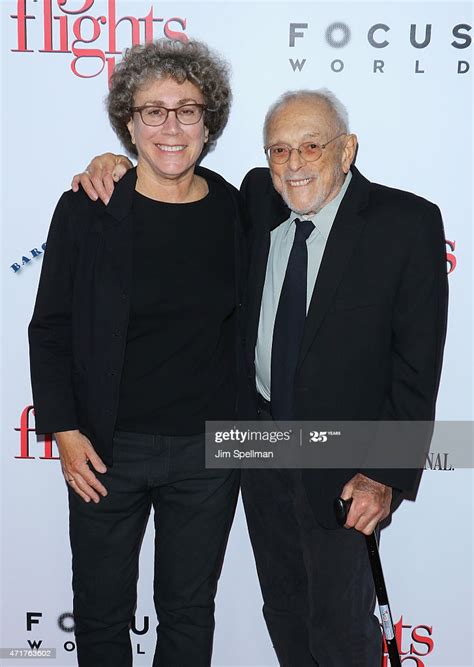A Quote by Omar Benson Miller
I read the novel 'Miracle at St. Anna' when it was first released, and I loved it.
Related Quotes
One of the things that really impressed me about Anna Karenina when I first read it was how Tolstoy sets you up to expect certain things to happen - and they don't. Everything is set up for you to think Anna is going to die in childbirth. She dreams it's going to happen, the doctor, Vronsky and Karenin think it's going to happen, and it's what should happen to an adulteress by the rules of a nineteenth-century novel. But then it doesn't happen. It's so fascinating to be left in that space, in a kind of free fall, where you have no idea what's going to happen.
In 1965, when I was fourteen, I read my first adult novel; it was a historical novel about Katherine of Aragon, and I could not put it down. When I finished it, I had to find out the true facts behind the story and if people really carried on like that in those days. So I began to read proper history books, and found that they did!
In high school I read [Lev] Tolstoy's "Anna Karenina" and loved it. Then I read [Friedrich] Nietzsche's "On the Genealogy of Morals" and that hit me hard. I don't know where I got it. My parents warned me not to mention either of those books when I went for my college interviews so I wouldn't seem like an egghead. They told me to talk about sports.

































